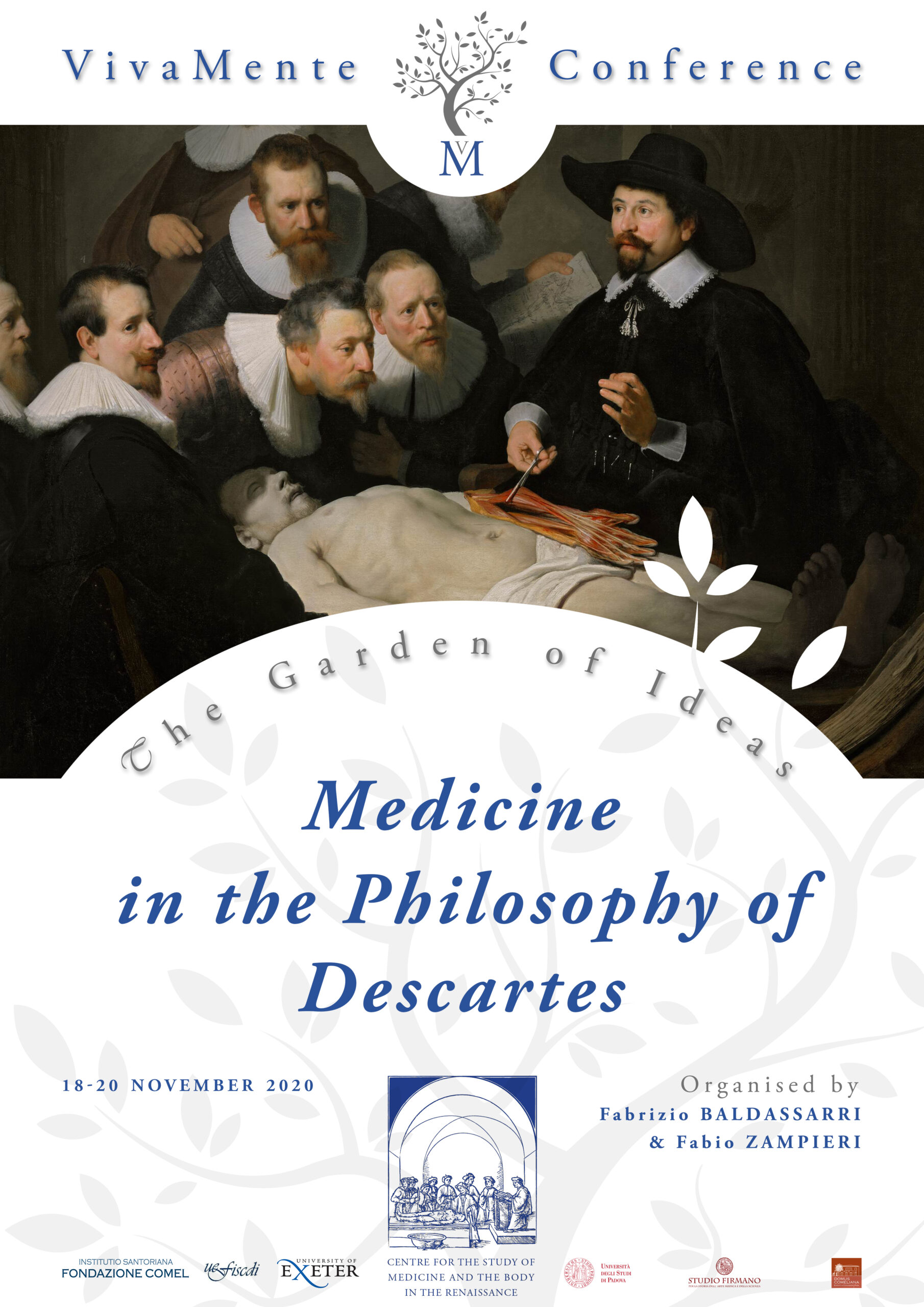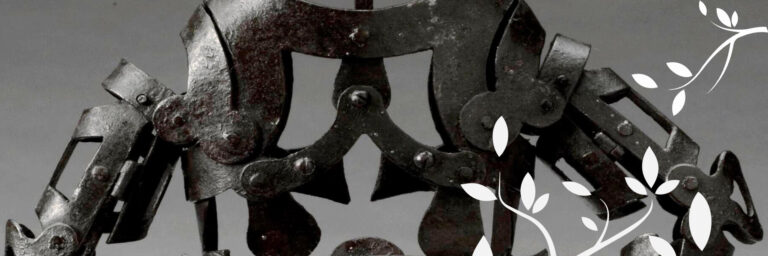Medicine in the Philosophy of Descartes
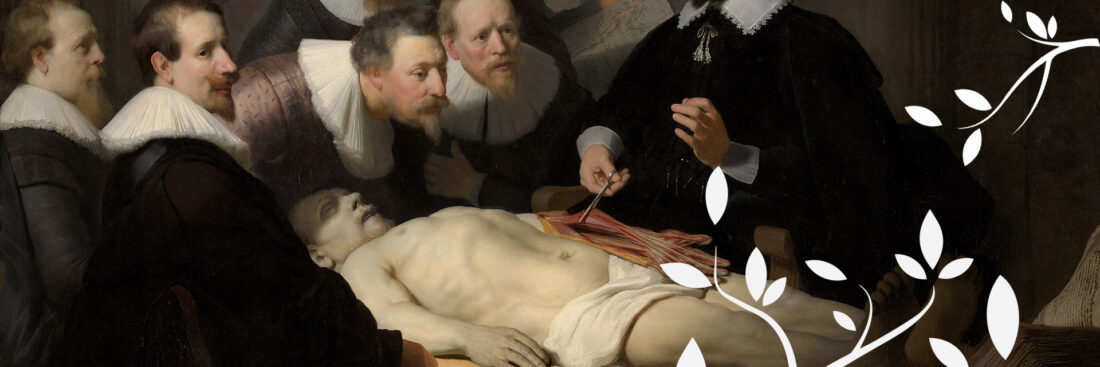
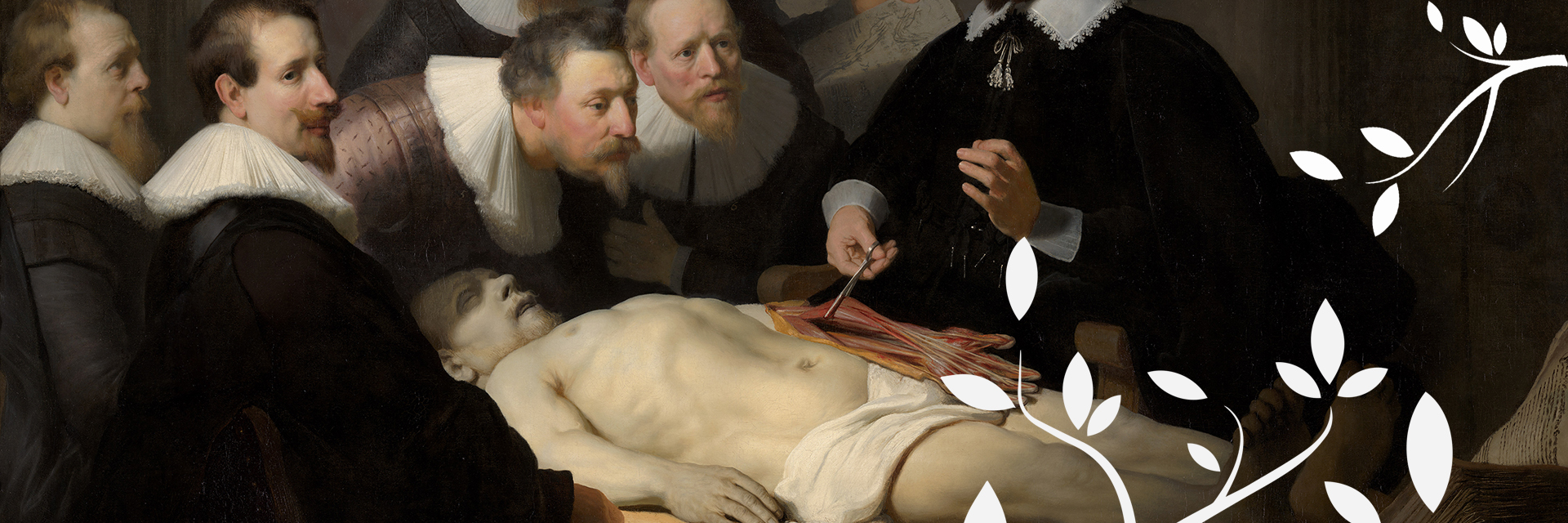
VivaMente Conference in the History of Ideas
Medicine in the Philosophy of Descartes
Light and Shadow
18-20 November 2020
Organised by
Fabrizio Baldassarri
Fabio Zampieri
Keynote Speakers
Maria Conforti
Annie Bitbol-Hespériès
Gideon Manning
Andrea Strazzoni
Franco Aurelio Meschini
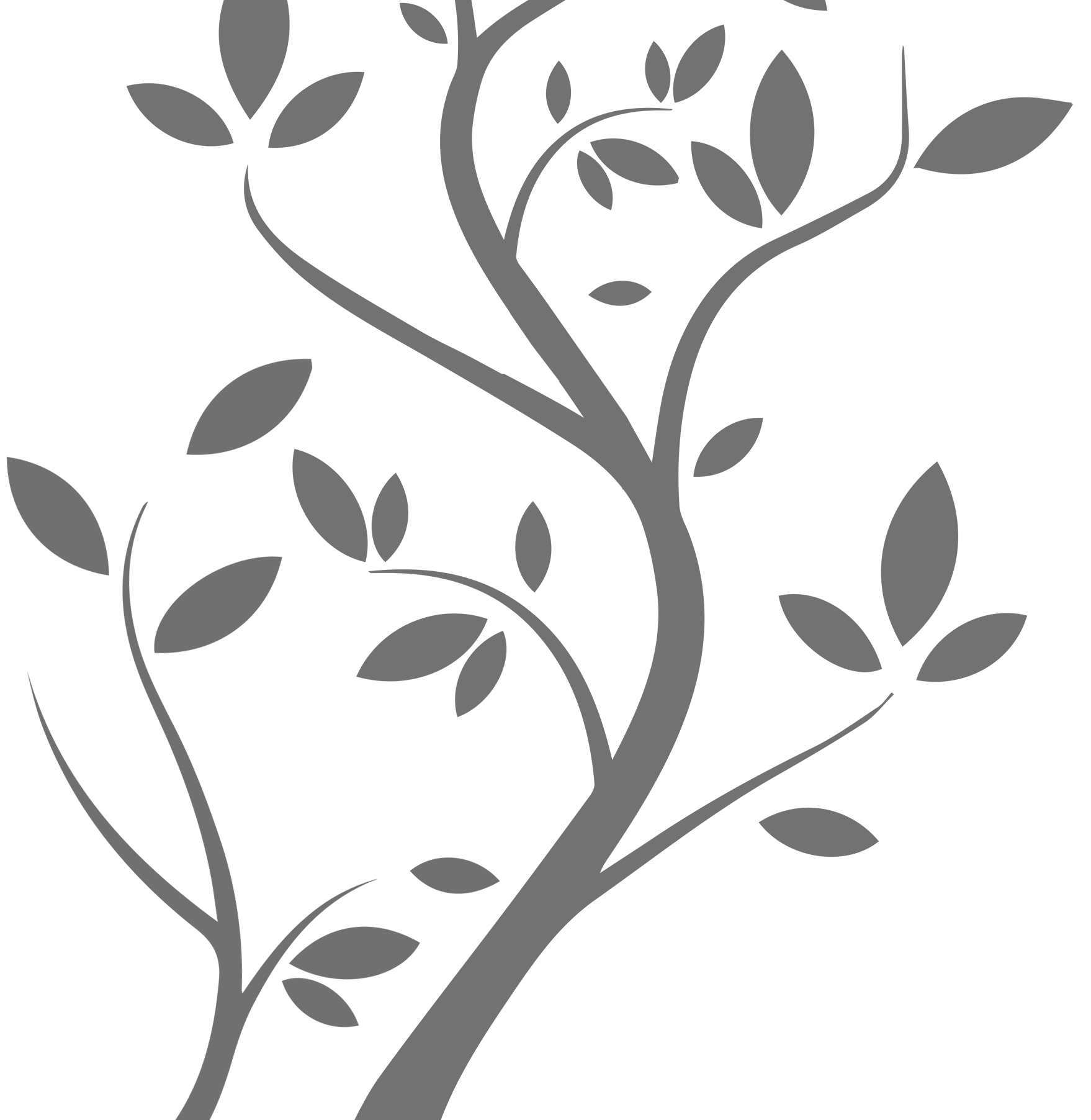
As uniquely shaped by Descartes, medicine assumed a new role in the development of early modern natural philosophy. That one-fifth of Descartes’ entire output is dedicated to medicine should be regarded as a testimony to the constant attention he devoted to this subject, which kept him busy throughout his life in a series of anatomical observations and vivisections, visits to anatomical theatres, as well as protracted discussions with contemporary physicians.
It is significant, in this regard, that Descartes’ Discours de la Méthode (1637) originally attracted a great deal of attention from learned physicians in the Netherlands and Belgium, such as Henricus Regius (1598-1679) in Utrecht and Vopiscus Fortunatus Plempius (1601-1671) in Leuven. Not only is medicine one of the fruits of the tree of philosophy, but it may be used to illuminate Descartes’ methodology, physics, metaphysics (i.e., the mind-body dualism), moral philosophy and theory of emotions.
Medicine features prominently as a topic in Cartesian scholarship, and several contributions have been devoted to it, amongst which the classical Richard Carter, Descartes’ Medical Philosophy (1983), Annie Bitbol-Hespériès, Le principe de vie chez Descartes (1990), Franco Aurelio Meschini, Neurofisiologia cartesiana (1998), Stephen Gaukroger et al. (eds), Descartes’ Natural Philosophy (2000), Thomas Fuchs, The Mechanization of the Heart: Harvey and Descartes (2001), Dennis Des Chene, Spirits and Clocks: Machine and Organism in Descartes (2001), and Vincent Aucante, La philosophie médicale de Descartes (2006).
Likewise, attention has been devoted recently to sources and reception of Descartes’ medicine, for example by Franco Aurelio Meschini, Materiali per una storia della medicina cartesiana (2013), Delphine Antoine-Mahut and Steven Gaukroger, eds., Descartes’ Treatise on Man and its Reception (2016), Gideon Manning, “Descartes and Medicine” in the Oxford Handbook on Descartes (2019), and through a conference on the brain in Descartes that took place in Paris in 2019.
Despite the vast scholarly effort, however, a coherent and systematic approach to Descartes’ medicine is still overdue.
The first edition of the Vivamente Conference in the History of Ideas aims at drawing attention to the place of medical knowledge, practice and experimentation in Descartes’ philosophy and to the various ways it developed following the efforts of its early and late proponents. It further aims at recapturing recent trends in Cartesian scholarship as well as at exploring different interpretations, and issues both in relation to Descartes’ own philosophy and with regards to the acceptance and opposition it faced in the early modern history of knowledge and science.
Lights and shadows emerging from this analysis would help drawing a new intellectual portrait of the philosopher who studied the passions of the soul en physicien and equated the living body to a machine.
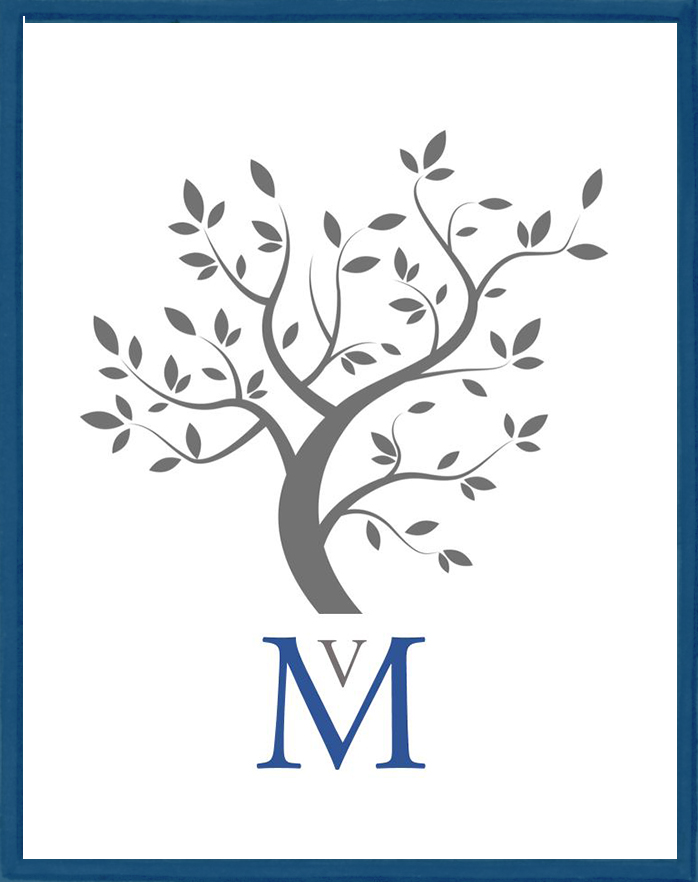
Conference type: Online
Dates: 18-20 November
Application Deadline: 15 July
Registration Deadline: 15 September
Queries
Conference Proceedings

Registration Fees
€ 80 + dinner
€ 50 – dinner
Credits
Scientific Direction:
Fabrizio Bigotti
General Coordination:
Tomaso M. Pedrotti Dell’Acqua
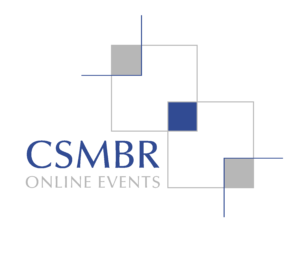
Conference Topics
The conference will explore four main areas of Descartes’ medicine:



